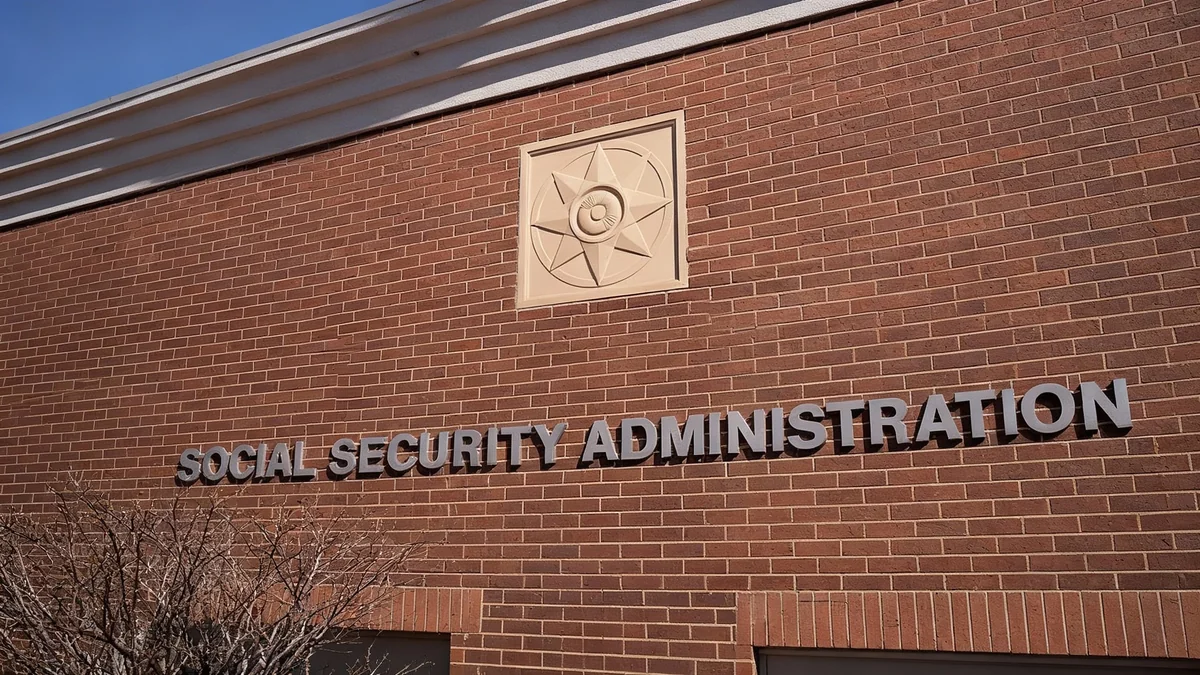A group of senior House Republicans has formally endorsed an executive order aimed at allowing alternative assets, including cryptocurrency and private equity, in 401(k) retirement plans. In a letter to the Securities and Exchange Commission (SEC), the lawmakers urged regulators to act quickly to expand investment options for American savers.
Key Takeaways
- Nine Republican lawmakers, including House Financial Services Chairman French Hill, sent a letter supporting an executive order to expand 401(k) investment options.
- The order would allow alternative assets such as digital assets, private market investments, and real estate in retirement accounts.
- The lawmakers are urging the SEC and the Department of Labor to revise regulations to facilitate this change.
- The Labor Department has already rescinded a 2021 guidance that discouraged such investments, aligning with the new policy direction.
Lawmakers Urge Swift Regulatory Action
Nine Republican members of the House of Representatives have signaled strong support for a Trump administration initiative to diversify 401(k) investment menus. The group, led by House Financial Services Committee Chairman French Hill of Arkansas and Capital Markets Subcommittee Chair Ann Wagner of Missouri, sent a formal letter to SEC Chairman Paul Atkins on Monday.
The letter calls for the SEC to collaborate with the Department of Labor to promptly update existing rules. The goal is to make it easier for plan fiduciaries to include alternative assets in participant-directed retirement savings plans. This move follows a recent executive order signed by President Donald Trump designed to broaden investment access for millions of Americans.
"We applaud the EO's policy 'that every American preparing for retirement should have access to funds that include investments in alternative assets when the relevant plan fiduciary determines that such access provides an appropriate opportunity… to enhance the net risk-adjusted returns,'" the lawmakers wrote.
Their communication specifically requested that the SEC provide swift assistance to the Labor Department and amend its own regulations and guidance to align with the executive order's objectives.
Expanding the Scope of Retirement Investing
The executive order, signed last month, opens the door for a wide range of non-traditional investments within 401(k) plans. If fully implemented, retirement savers could gain access to asset classes previously reserved for institutional or high-net-worth investors.
What Are Alternative Assets?
Traditionally, 401(k) plans are dominated by mutual funds, stocks, and bonds. Alternative assets fall outside these conventional categories. The executive order specifically identifies several types:
- Private Market Investments: Stakes in companies that are not publicly traded, such as venture capital and private equity.
- Digital Assets: Actively managed investments in cryptocurrencies and other digital tokens.
- Real Estate: Direct or indirect investments in property.
- Commodities: Raw materials like oil, gold, and agricultural products.
- Infrastructure Projects: Investments in large-scale public works like bridges and power grids.
- Longevity Risk-Sharing Pools: Financial instruments related to life expectancies.
In their letter, the Republican lawmakers highlighted the potential benefits for a large segment of the population. They noted that an estimated 90 million Americans are currently restricted from investing in these types of assets. The lawmakers expressed hope that regulatory changes would help these individuals secure a "dignified, comfortable retirement."
The group also asked the SEC to review bipartisan legislation concerning the definition of accredited investors, which could further broaden access to private markets.
Labor Department Aligns with New Policy
In a related development, the Department of Labor has already taken steps to support the administration's new direction. On Tuesday, the department, under Secretary Lori Chavez-DeRemer, issued a new advisory opinion. This opinion confirms that lifetime income investment options can serve as qualified default investment alternatives under the Employee Retirement Income Security Act (ERISA).
According to the Investment Company Institute, Americans held an estimated $6.7 trillion in 401(k) plans at the end of the first quarter of 2025. This represents a significant portion of the nation's total retirement assets.
More significantly, the Labor Department officially rescinded a guidance memo from December 2021. The previous guidance, issued during the Biden administration, had cautioned plan fiduciaries against including alternative assets, particularly cryptocurrencies, in 401(k) menus due to concerns about volatility and risk.
The reversal signals a major policy shift. Secretary Chavez-DeRemer affirmed the department's commitment to the new executive order.
"The Department of Labor is continuing to take swift steps to implement President Trump’s Executive Order," Chavez-DeRemer stated. "Today’s Advisory Opinion is another step forward towards our goal of giving plan fiduciaries the flexibility to design retirement investment strategies that meet the needs of American workers."
Potential Impact on American Savers
Proponents of the policy argue that including alternative assets could lead to higher returns and better diversification for retirement portfolios. Access to private equity and venture capital, for example, could allow savers to invest in high-growth companies before they go public.
However, the move is not without potential risks. Alternative assets are often less liquid, more complex, and can carry higher fees than traditional investments. Digital assets, in particular, are known for their extreme price volatility. Regulators will face the challenge of creating a framework that provides access while ensuring adequate investor protection and disclosure for the average 401(k) participant.
The collaboration between the SEC and the Department of Labor will be crucial in determining the specific rules and safeguards that will govern these new investment options. The outcome of their work could fundamentally reshape the landscape of retirement savings in the United States for decades to come.





